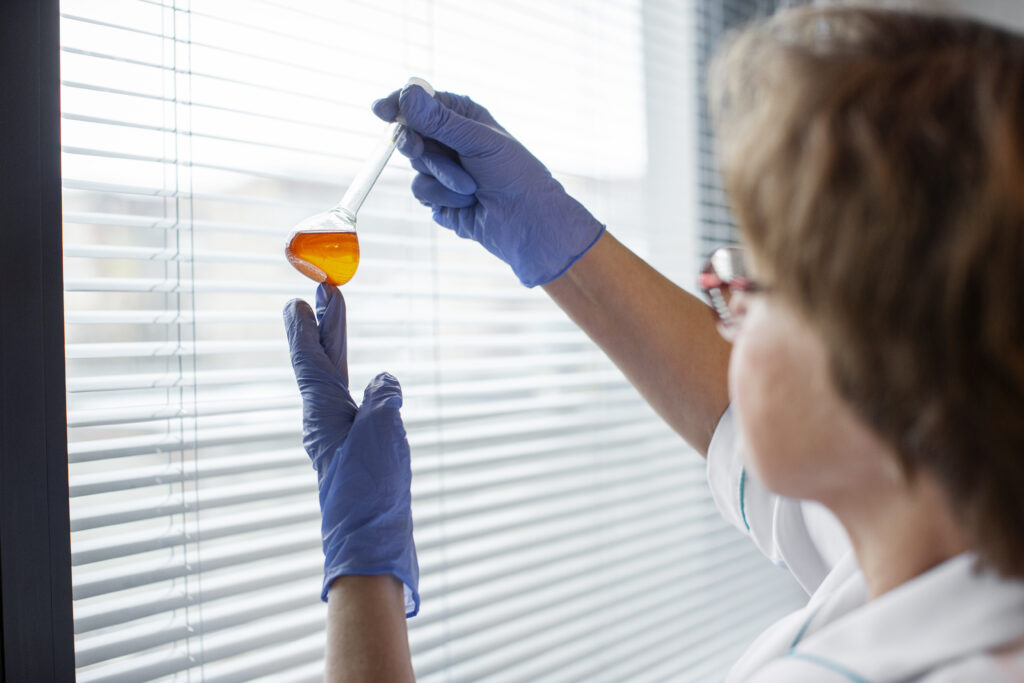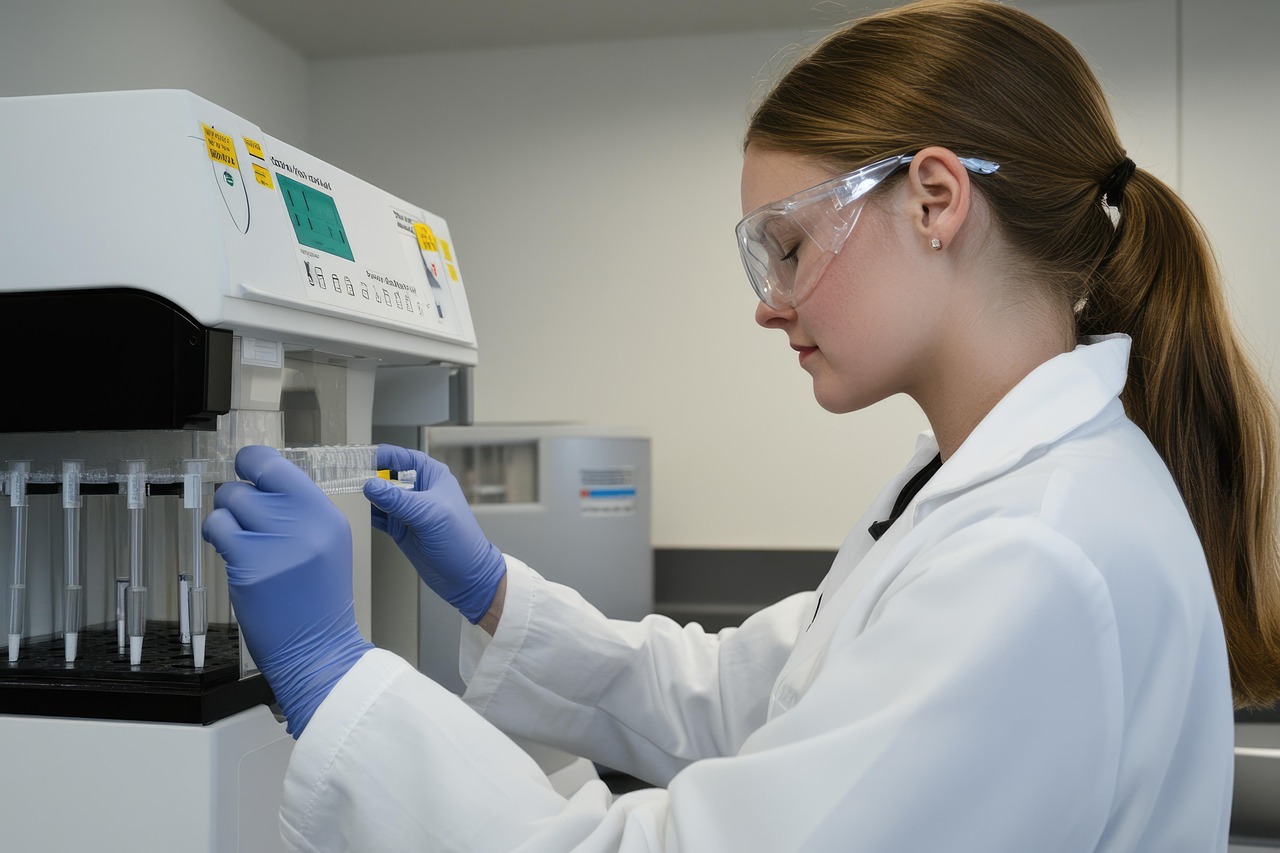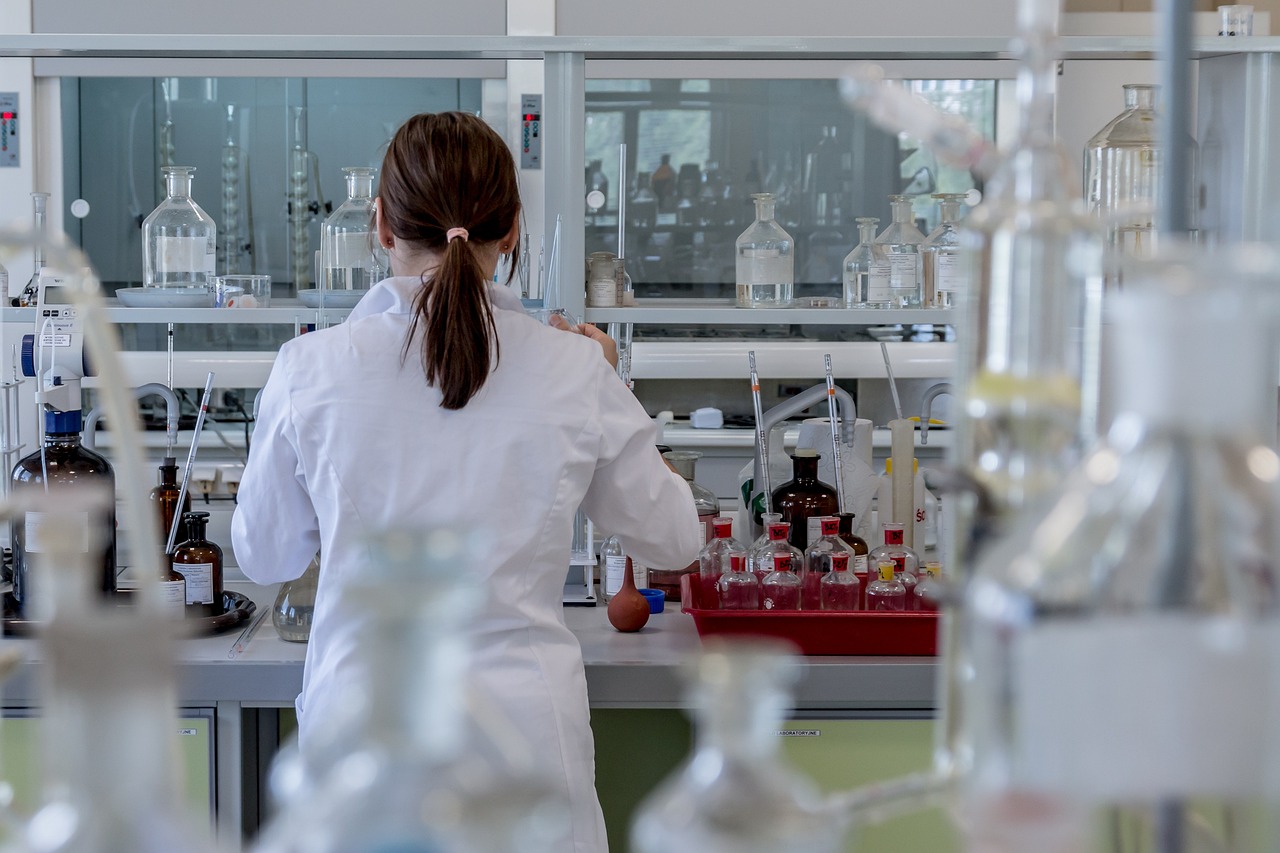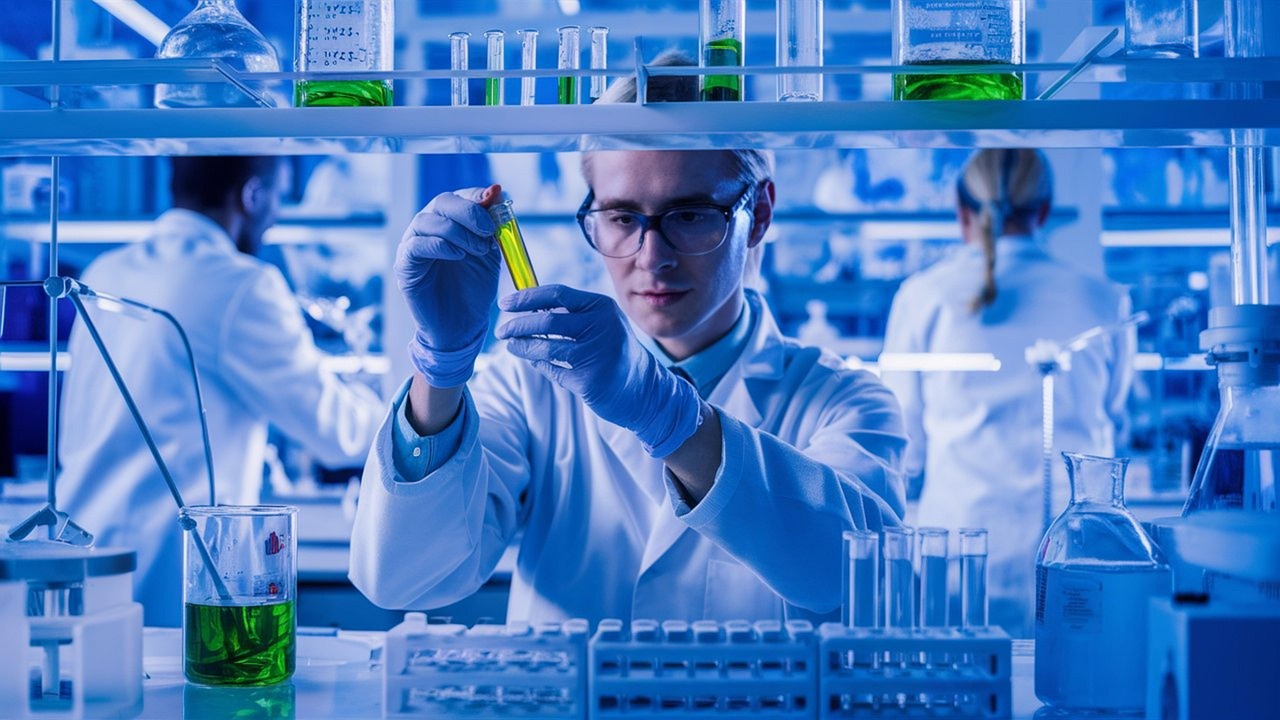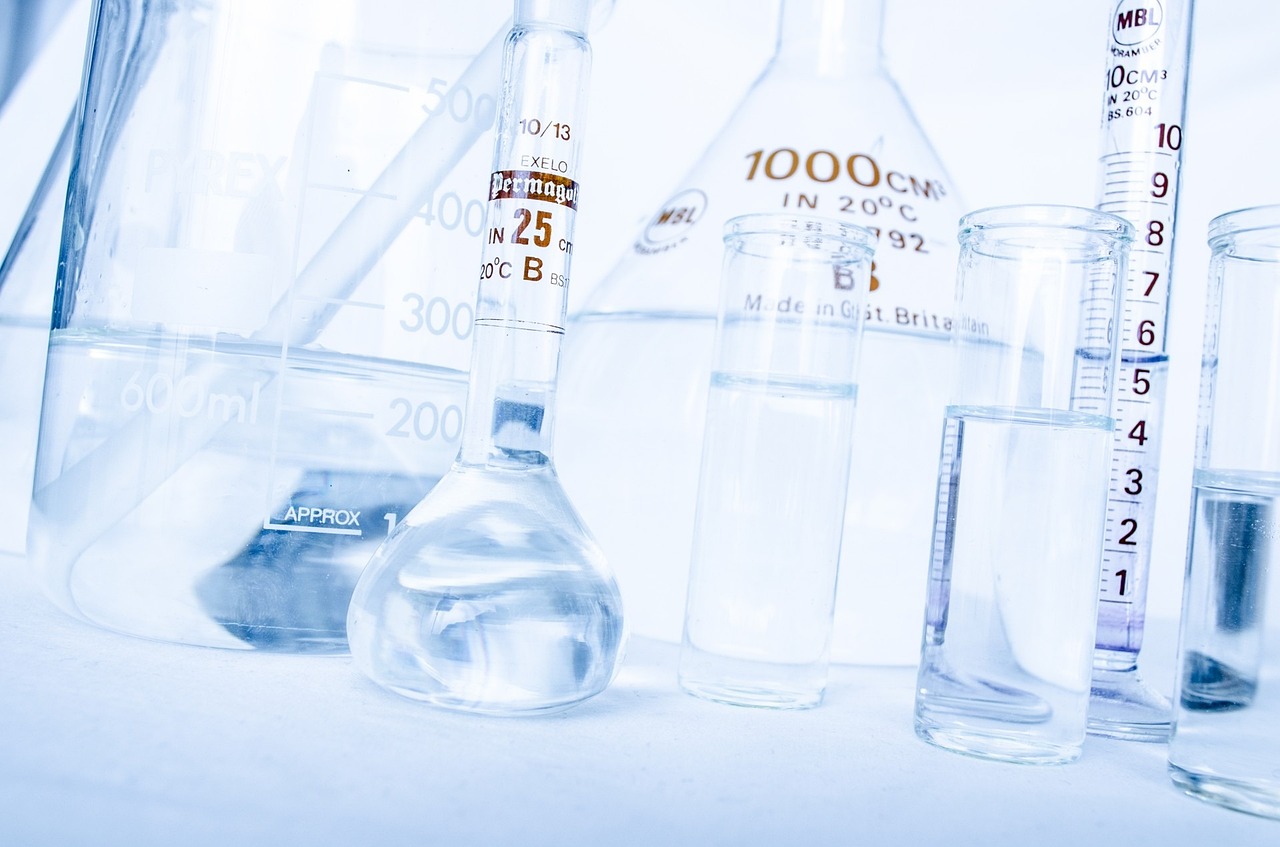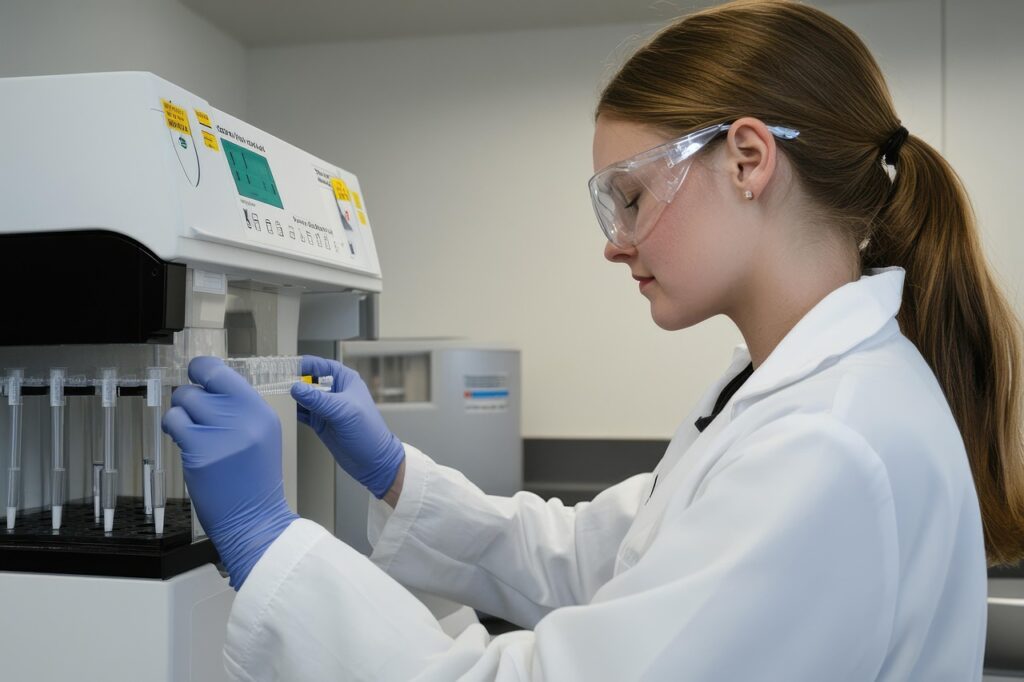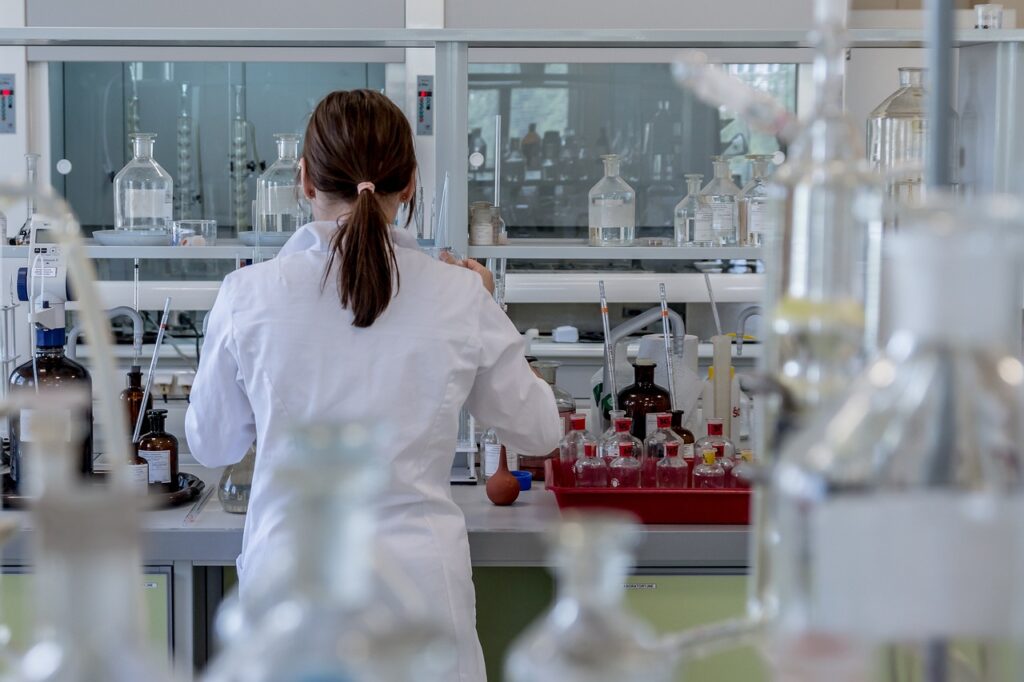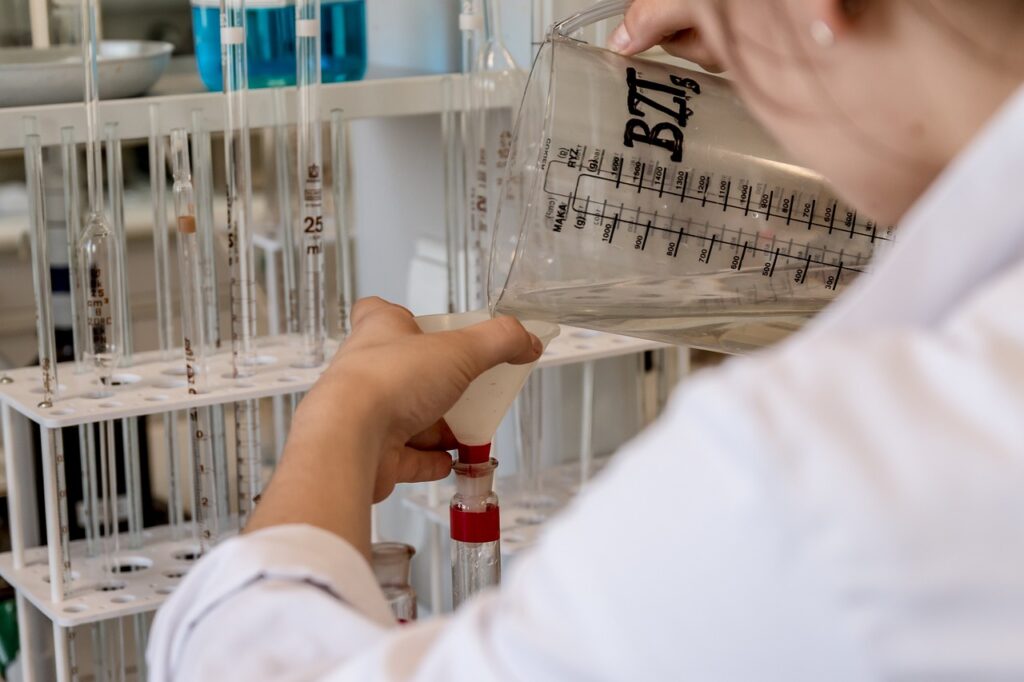As food supply chains become more intricate and globalized in today’s world, it is more important than ever to guarantee the safety and quality of food items. Food testing services are essential for protecting consumer health since they identify pollutants, confirm nutritional information, and make sure food safety regulations are followed. This blog examines the significance of food testing, how they affect customer safety, and the reasons why companies need to give them top priority.
Understanding Food Testing Services
Food testing services include a wide range of analytical techniques intended to assess food products’ safety, authenticity, and quality. Microbiological testing, chemical analysis, nutritional analysis, allergen testing, and other services are included in this list. Food testing laboratories can identify contaminants such as heavy metals, pesticides, poisons, and infections that pose serious health concerns to consumers by using cutting-edge technology and procedures.
Ensuring Consumer Safety
1.Detecting Pathogens and Contaminants
Finding dangerous diseases and pollutants in food products is one of the main goals of food testing service. Foodborne infections are frequently caused by pathogens such as Salmonella, E. Coli, and Listeria, which can result in serious health problems or even death. Microbiological testing is used by food testing service to detect these diseases and stop contaminated goods from getting to customers. The World Health Organization (WHO) reports that foodborne infections impact around 600 million individuals worldwide annually, underscoring the vital function of food testing in averting such epidemics (WordStream).
2.Ensuring Compliance with Regulations
Standards and laws pertaining to food safety differ throughout nations and areas. It is imperative for businesses to adhere to these standards in order to avert legal consequences and preserve customer confidence. By offering precise and trustworthy test findings, food testing service assist companies in adhering to regulatory standards. To guarantee that food products fulfill safety criteria, for example, the Food and Drug Administration (FDA) of the United States requires extensive testing (WordStream). Businesses may make sure their products are safe to eat by collaborating with recognized food testing facilities.
3. Verifying Nutritional Content
Precise nutritional labeling is essential for enabling customers to make knowledgeable food decisions. Food testing services make sure that food product labels appropriately reflect the product’s composition by confirming the nutritional content of the goods. This is especially crucial for people who have certain dietary requirements or medical issues. For instance, diabetic individuals need precise carbohydrate knowledge to control their blood sugar levels. Food testing service allow customers to make healthier decisions by giving them accurate nutritional analyses.
4. Detecting Food Allergens
With millions of people impacted globally by allergic reactions to specific food ingredients, food allergies are an increasing global health concern. Food items containing unreported allergens may cause life-threatening allergic responses or, in the worst situations, even death. To ensure that items are appropriately labeled and safe for those with allergies, It use allergen testing to find traces of allergens like dairy, gluten, and peanuts. According to Food Allergy Research & Education (FARE), protecting allergic consumers requires proper allergen labeling (WordStream).

Enhancing Consumer Confidence
1. Building Brand Trust
Customer trust is an important asset for every food business in a competitive industry. Food testing service contribute to the establishment and preservation of this confidence by guaranteeing the safety, excellence, and correct labeling of food. Customers are more inclined to stick with a brand and refer others to it when they have faith in it. Reliability in food testing services and transparency in food safety procedures improve brand reputation and increase customer loyalty.
2. Preventing Recalls and Reputational Damage
Recalls of food products because of contamination or incorrect labeling can seriously damage a company’s standing and capacity to make money. Recalls can have significant costs related to product recovery, legal fees, and compensation claims. Furthermore, the bad press that recalls generate can undermine customer loyalty and trust. Food testing services assist in averting such mishaps by seeing any problems before goods are put on the market. Businesses may prevent recalls and preserve their reputation by proactively addressing safety concerns.
Supporting Public Health
1. Reducing Foodborne Illnesses
Significant public health issues are presented by foodborne illness outbreaks, which can result in hospital stays and, in extreme circumstances, fatalities. Food testing services are essential in lowering the prevalence of foodborne illnesses because they identify and remove pollutants from food products. The Centers for Disease Control and Prevention (CDC) estimates that in the United States alone, foodborne infections cause over 128,000 hospital admissions as well as 3,000 fatalities per year (WordStream). Reducing these hazards and preserving public health require efficient food testing services.
2. Promoting Nutritional Health
Food testing services ensure that food products accurately reflect their composition and meet nutritional standards, thereby contributing to public health. This is especially crucial when dealing with problems like obesity and malnutrition. For instance, dietary shortages in vulnerable populations can be fought with the aid of fortified foods containing vital vitamins and minerals. Food testing services promote initiatives to enhance general nutritional health and well-being by confirming the nutritional integrity of food products.
The Future of Food Testing Services
1. Technological Advancements
The field of food testing is always changing as a result of advances in technology that lead to increases in speed, precision, and efficiency. Food testing services are being revolutionized by innovations like blockchain technology, mass spectrometry, and next-generation sequencing (NGS). These technologies provide improved traceability across the supply chain, quicker turnaround times, and more accurate contamination detection.
2. Increasing Consumer Demand for Transparency
As consumers grow more aware of the food they eat, they are pressing food producers to be more transparent. To address this demand, food testing services are crucial since they offer substantiated data regarding the quality and safety of products. Businesses that put a high priority on food testing and openness will stand out in the market as consumer knowledge grows.
Conclusion
It is impossible to exaggerate the significance of food testing services for consumer safety. Food testing services are essential to maintaining public health and boosting customer confidence because they identify pollutants and pathogens, verify nutritional content, ensure regulatory compliance, and identify allergens. The market will continue to change due to technological improvements, making food testing services even more important. In addition to being required by law, companies who invest in trustworthy food testing services demonstrate their dedication to providing customers with high-quality, safe products. Food testing services are essential to guaranteeing the health and welfare of consumers everywhere at a time when food safety is of the utmost importance.
By comprehending and utilizing the advantages of food testing services, companies can establish credibility, avert recalls, and make valuable contributions.

